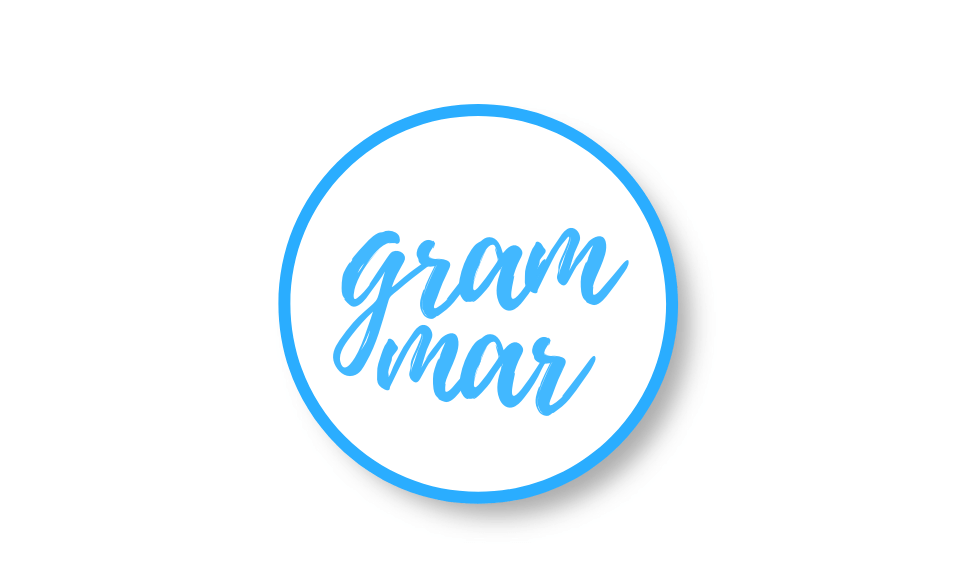El futuro perfecto continuo en inglés o future perfect continuous tiene el mismo uso que el futuro perfecto simple —expresar acciones terminadas en el futuro— pero para acciones más largas y continuadas.
Y se usa tanto como el futuro perfecto de español, es decir, prácticamente nada 😂.
forma
El auxiliar del futuro perfecto continuo es will para todos los sujetos. Adicionalmente, también podría usarse shall, aunque es muy poco frecuente en inglés moderno.
afirmativa
El futuro perfecto tiene tres verbos auxiliares —will, have & be.
Will es el auxiliar principal y have & be los secundarios. Como have no es el auxiliar principal, no se conjuga have / has sino que siempre es have porque detrás de will solo se puede poner un infinitivo.
sujeto will have been verbo—ing
| I will have been working | Habré estado trabajando |
| You will have been working | Habrás estado trabajando |
| He will have been working | Habrá estado trabajando |
| She will have been working | Habrá estado trabajando |
| It will have been working | Habrá estado funcionando |
| We will have been working | Habremos estado trabajando |
| You will have been working | Habréis estado trabajando |
| They will have been working | Habrán estado trabajando |
interrogativa
will sujeto have been verbo—ing?
| Will I have been working? | ¿Habré estado trabajando? |
| Will you have been working? | ¿Habrás estado trabajando? |
| Will he have been working? | ¿Habrá estado trabajando? |
| Will she have been working? | ¿Habrá estado trabajando? |
| Will it have been working? | ¿Habrá estado funcionando? |
| Will we have been working? | ¿Habremos estado trabajando? |
| Will you have been working? | ¿Habréis estado trabajando? |
| Will they have been working? | ¿Habrán estado trabajando? |
negativa
sujeto won’t have been verbo—ing
La contracción de will not es won’t y la de shall not es shan’t.
| I won’t have been working | Habré estado trabajando |
| You won’t have been working | Habrás estado trabajando |
| He won’t have been working | Habrá estado trabajando |
| She won’t have been working | Habrá estado trabajando |
| It won’t have been working | Habrá estado funcionando |
| We won’t have been working | Habremos estado trabajando |
| You won’t have been working | Habréis estado trabajando |
| They won’t have been working | Habrán estado trabajando |
uso
El futuro perfecto en inglés expresa que una acción estará terminada para el punto del futuro que digamos.
Ese momento del futuro es introducido por la preposición by, y se coloca al final de la frase, como corresponde de forma general a los complementos de tiempo.
acción larga terminada en el futuro
Se usa el futuro perfecto continuo y no el simple cuando la acción terminada en el futuro es continua o la expresamos como algo continuo.

| We will have been living here for ten years by the end of this year. We should celebrate! |
| By the time you arrive, I will have working for one hour, you’ll need to catch up |
| We will have been waiting for an hour if it doesn’t start now |
| By 5 pm, I will have been revising for 6 hours, I should rest a bit |
Puedes ver todos los usos del futuro perfecto en inglés y las diferencias entre el futuro perfecto simple y continuo en esta lección.
ejercicios
- todos
- traducir

